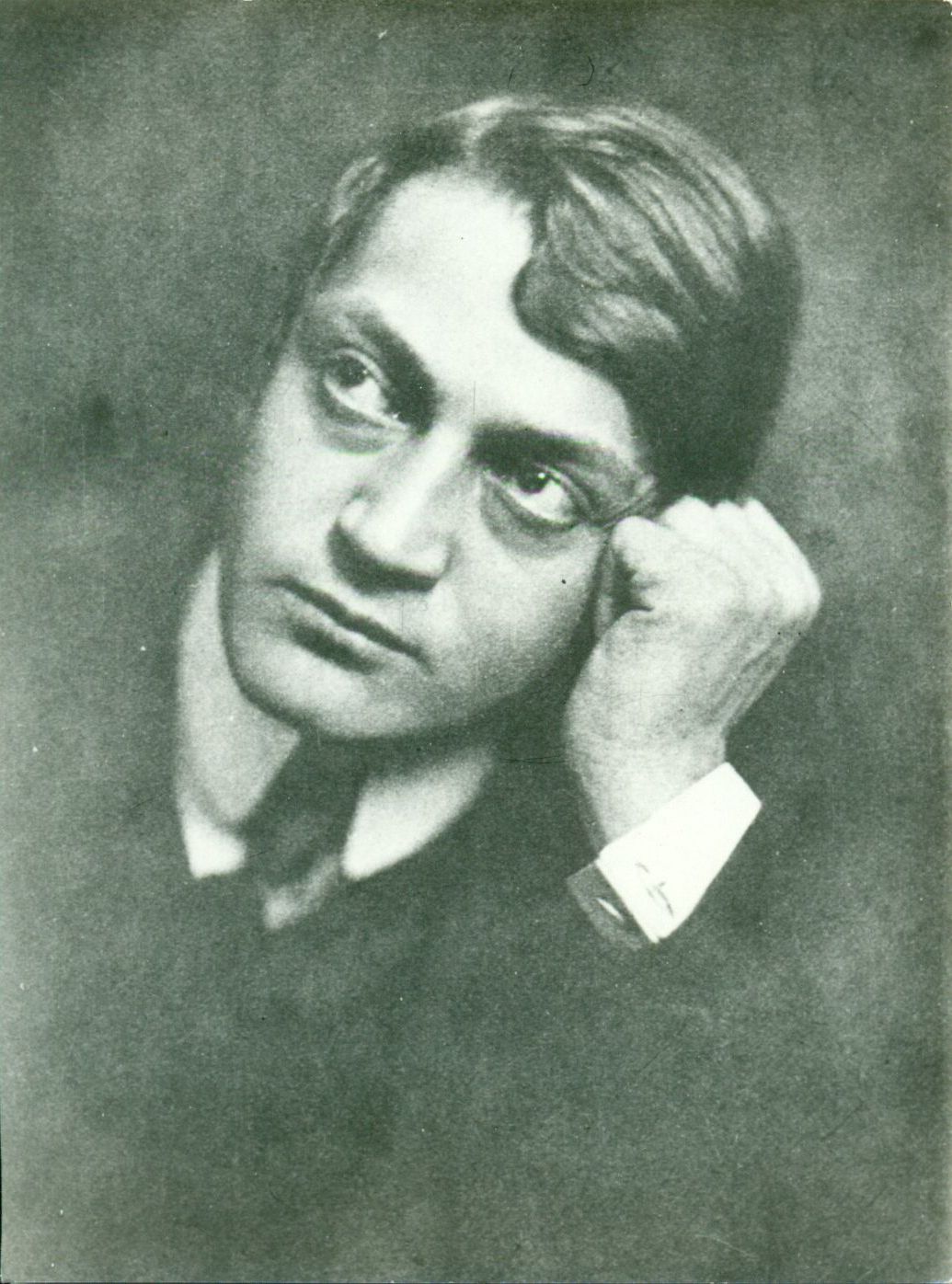Cluj County Municipality will remain the owner of Boncza Castle in Csucsa, former home of Endre Ady and his wife Berta Boncza. The last heir’s relatives tried to acquire the castle, the Agerpres news agency said on Wednesday (9th December), citing the final ruling of the Romanian Supreme Court.
The castle, which can be found 70 kilometers from Cluj-Napoca, next to the E60 European Road, was purchased in 1920 by the Romanian poet and former prime minister Octavian Goga from Berta Boncza. After Goga’s death, the poet’s widow, Veturia Goga, set up a Goga Museum and an Ady exhibition in the castle’s buildings. The estate was donated by the widow to the Romanian state in 1966 on the condition that she can stay there for the rest of her life. The widow survived her husband for 41 years, dying in 1979 at the age of 96.
After the change of regime in Romania in 1989, the estate became the property of the Cluj County Municipality, which maintained the museum. The Goga family had no children, their relatives filed a lawsuit for the estate, and the Supreme Court in 2015 invalidated the former letter of donation. In the final verdict handed down on Tuesday (8th December), the Supreme Court annulled the inheritance certificate of Venturia Goga’s side descendants, too and designated Cluj County Council as the owner of the properties. They said: “It was Octavian Goga’s will to make the estate the property of the Romanian state and to create a museum there.”
Today, the former Boncza estate mostly preserves the memories of the Goga family. The castle was rebuilt in the 1920s by Octavian Goga in Brancovenesc style typical of manor houses in southern Romania. A 16th-century Orthodox wooden church, which was demolished in a village of Szilágyság and a mausoleum in which Octavian Goga and Veturia Goga were buried, were also built in the estate.
Between 1915 and 1917 Endre Ady and his wife lived in one of the buildings on the estate. The first Ady Endre exhibition opened in 1967 in the so-called Ady House. The memorial exhibition was renovated in March 2014 by the Petőfi Literary Museum, Budapest.
MTI
wikipedia

















